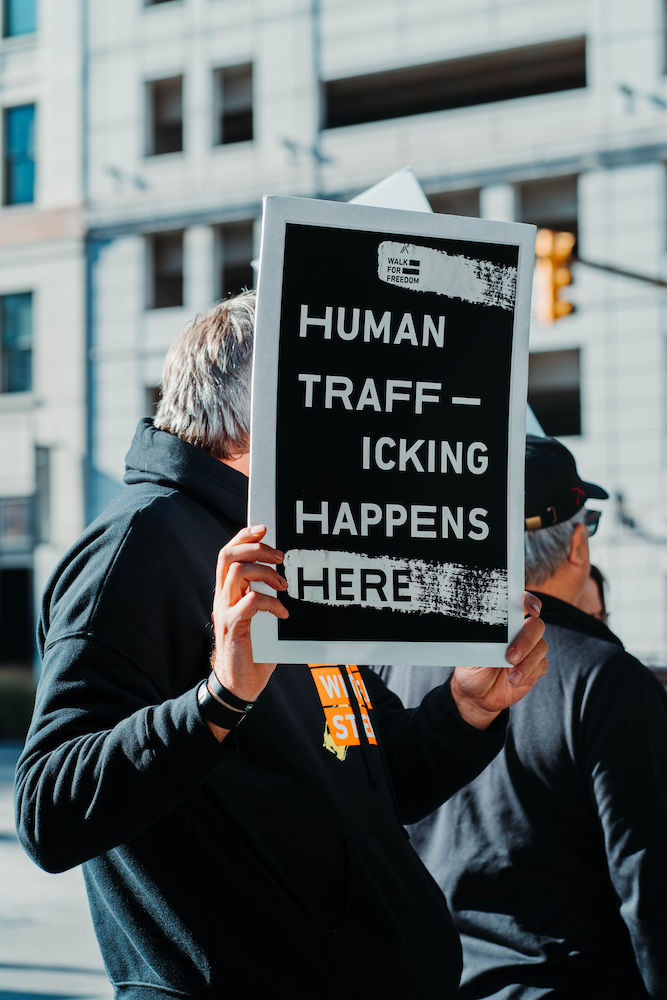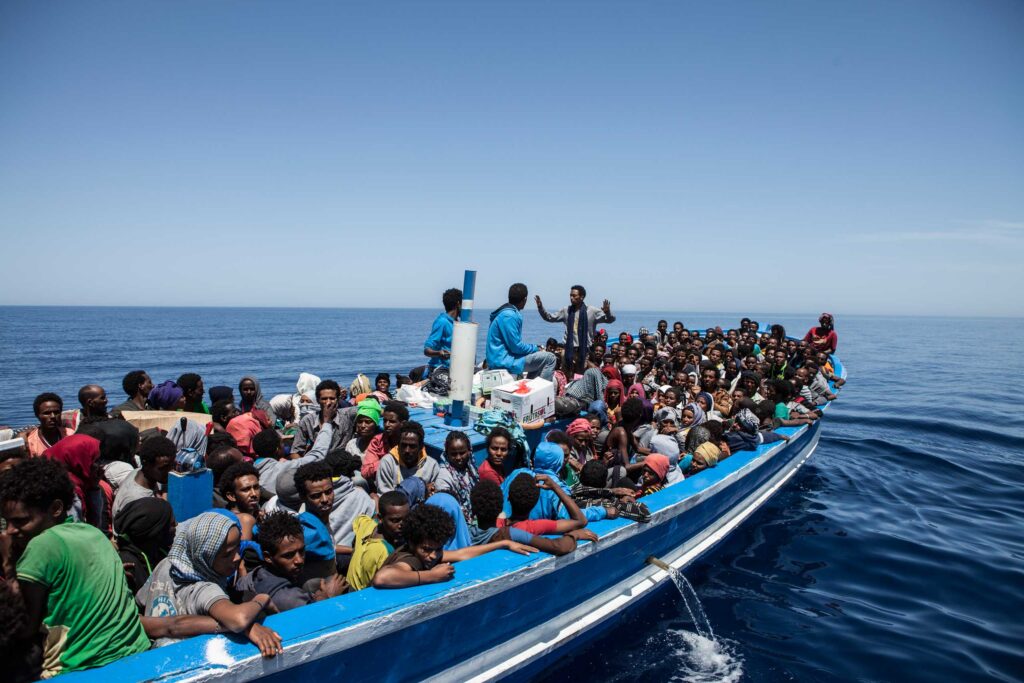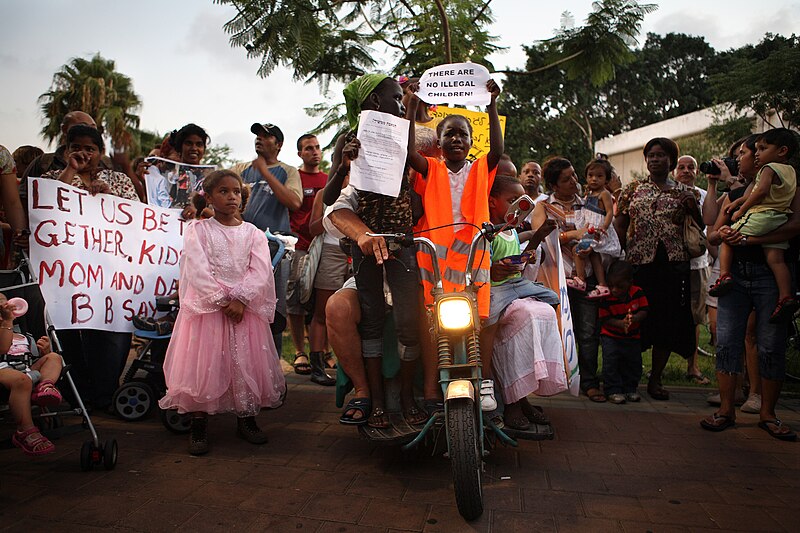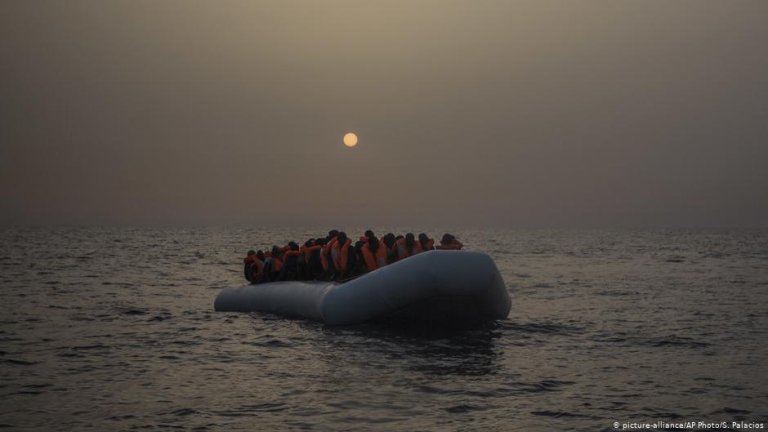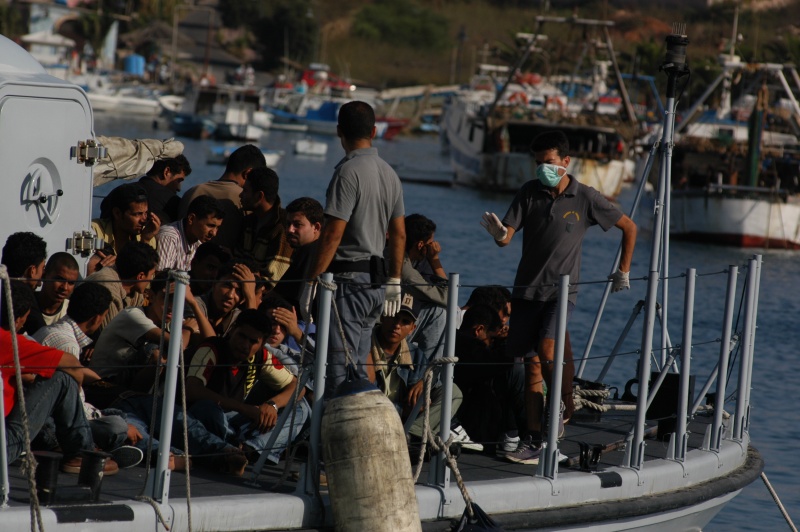The ACSRM aims to strengthen research and data collection and analysis of trafficking, its patterns, and impacts within and beyond the African continent. The ACSRM aims at contributing to enhancing understanding of the drivers and root causes of trafficking, the various forms of trafficking, the modus operandi of traffickers, the impacts of trafficking on trafficking victims and their families, as well as origin, transit, and destination countries; and the policies and measures to prevent and address trafficking. It aims to deepen understanding of various forms of trafficking (child trafficking, female trafficking, sex trafficking, labor trafficking or labor exploitation, servitude-like conditions, to name a few) and the national, regional, continental, and international policy instruments to address trafficking.
The Africa Union has adopted the Ouagadougou Action Plan to Combat Trafficking in Human Beings, Especially Women and Children. Moreover, the Palermo Protocol and other international instruments (SDGs, GCIM) urge to address the challenges of trafficking. However, there are significant gaps in the domestication and implementation of these international and regional instruments.
The ACSRM contributes to strengthening the capacities of African Member States and Regional Economic Communities (RECs) on antitrafficking policies and strategies and the ratification, domestication, and implementation of antitrafficking regional, continental, and international instruments. Antitrafficking strategies and measures often are underpinned by the 4Ps (Prevention, Protection, Prosecution, and Partnership) in line with international instruments.
Human trafficking constitutes a blatant violation of the human rights and dignity of the trafficked victims. Trafficking victims are forced into slavery–like practices and conditions. They are subject to exploitation, abuses, human rights violations, violence, economic deprivation, trauma, and wide-ranging forms of socioeconomic vulnerabilities.
Strengthening efforts towards identifying trafficking victims and facilitating their access to assistance and legal and social protection can help address the vulnerabilities of trafficking victims.
